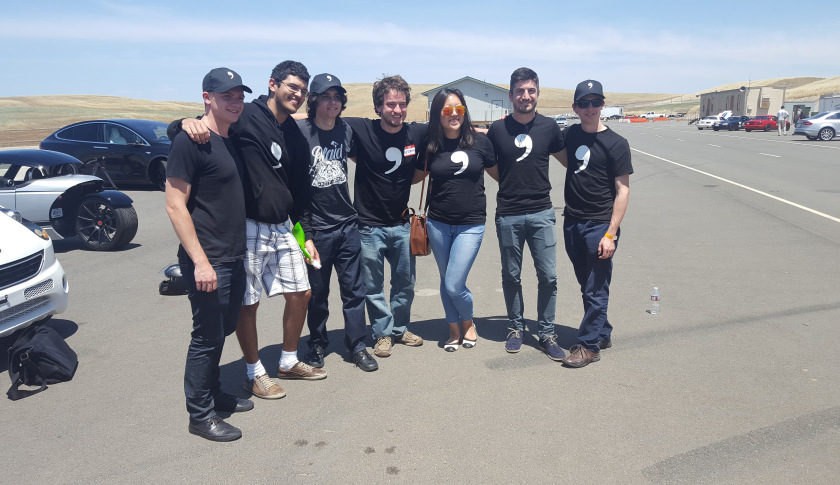
This Is the Latest Example of Silicon Valley’s Disdain for Regulations
By Kia Kokalitcheva for Fortune
Comma.ai’s founder doesn’t want to spend his time “dealing with regulators and lawyers.”
A version of this post titled “Commai.ai calls it quits” originally appeared in the Startup Sunday edition of Data Sheet, Fortune’s daily tech newsletter.
Following rules is one of Silicon Valley’s least favorite activities.
So it was perhaps no surprise when Comma.ai, an autonomous driving startup, announced on Friday it was killing off its original product after the National Highway and Traffic Safety Administration inquired into its safety.
“Would much rather spend my life building amazing tech than dealing with regulators and lawyers,” founder George Hotz tweeted from Comma.ai’s official account. “It isn’t worth it.”
Of course Hotz’s company, which raised $1 million in funding from venture capital firm Andreessen Horowitz, can’t really avoid all those “regulators and lawyers” if it really wants to build transportation products. But it’s only the latest example of how Silicon Valley’s status-quo shattering perspective can rub up against real-world regulations.
In the past year we’ve seen particularly egregious examples of when this otherwise useful point of view goes awry. There’s the downfall of blood-testing company Theranos, now in a nest of regulatory trouble including a two-year ban on its founder from operating a lab. There’s human resources software company Zenefits, whose former CEO stepped down after it was revealed that he had built software to help employees skirt California insurance licensing requirements. Ride-hailing giants Uber and Lyft continue to battle high-profile lawsuits over their classification of drivers as contractors instead of employees; home-sharing leader Airbnb is engaged in lawsuits against San Francisco and New York City over new regulations passed to enforce existing regulations that officials say it’s not complying with.
But you can see Silicon Valley’s point of view, too. Some of these regulations were clearly created to protect existing industries rather than the customers they serve.
Could government use a big dose of efficiency and more flexible regulatory frameworks? Absolutely. But moving fast and breaking things—once Facebook’s corporate motto and a Silicon Valley mantra—shouldn’t end with broken bones. As Comma.ai’s founder said himself: It isn’t worth it.
First appeared at Fortune





